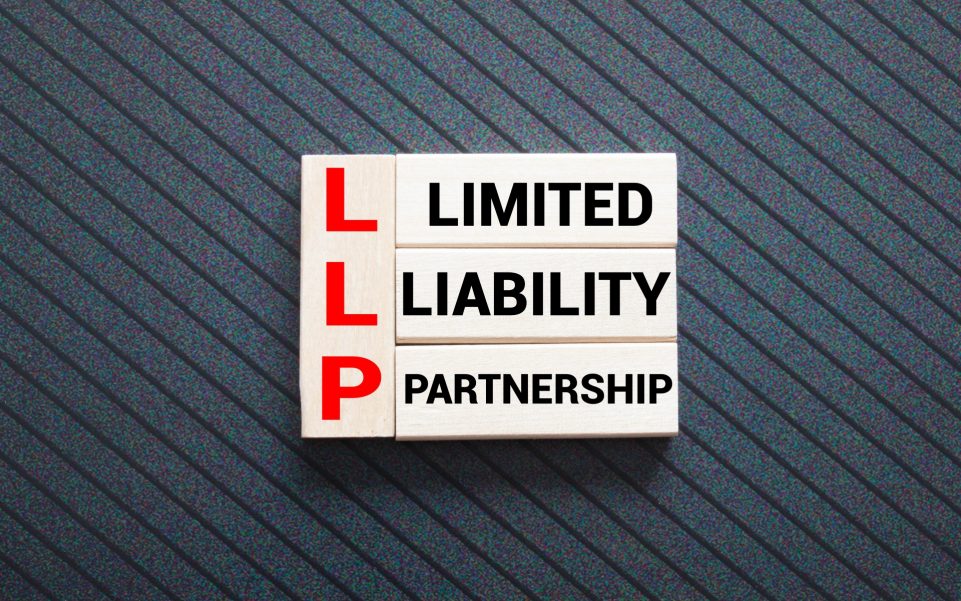How LP and LLP companies benefit from paying tax in England

Currently, English law provides foreign entrepreneurs with the opportunity to register a company in a country with some of the features of an offshore organisation, while complying with all legal requirements. In order to reduce the tax burden and simplify the financial reporting of a company doing business outside the UK, qualified specialists recommend opening a company as an LLP (Limited Liability Partnership) or LP (Limited Partnership).
LLP and its taxes
From a tax perspective, a UK LLP has the following features:
- the income from the company’s activities belongs to the partners and the firm does not pay corporation tax. Where a business operates in England, or its business partners are resident in England, then they will report tax;
- no personal income tax is payable because you are not an English taxpayer;
- sometimes, depending on the situation, a firm may not have to pay the mandatory stamp duty.
Other features of LLP in England
An LLP differs from an LP in its structure: its members have the same opportunities for management and liability is equal to the amount invested in the business. An LLP is a legal entity and must be registered at Companies House. Even though the company’s work has been carried out on the other side of Britain’s borders during the year, a final statement of finances must still be provided. At least two partners are appointed as Responsible Partners and are accountable to the country’s fiscal authority for the firm’s activities. They are legally obliged to submit all necessary accounting documents at the appointed time and are responsible for their accurate information. These partners may reside anywhere in the world and may be of any nationality, and the partner may also be an organisation.
LP tax report
On the basis of a partnership agreement, the profits generated by the activities of the LP belong to its members, and the company itself does not pay income tax. At the same time, the partners themselves, each in their own country of tax residence, provide information on income and pay the due taxes. The important point is that tax consequences in Britain do not arise for partners who are not English tax residents, but they are not exempt from paying tax in their country of tax residence. It is on the basis of this rule that an LP cannot be considered an offshore company.
What is the peculiarity of the English LP?
Information on the registration of a limited partnership is entered into Companies House, the tax office and the LP has the status of a legal entity. Due to the fact that the main work of the company takes place within the country, the modern British law allows not to violate the ancient tradition, according to which any data on the beneficiaries of LP are not transferred to the Chamber of Registration. In addition, partnership agreements and any other information about the firm can be legally withheld. However, due to the effect of such provisions, LPs are occasionally misclassified as offshore entities.
How do you organise an LP in England?
To set up a UK LP you need 1 managing (responsible) partner and a minimum of 1 limited partner. They can be individuals or legal entities that are not restricted by residence and nationality. In a partnership, the right to make any management decisions remains with the responsible partner, but he is also responsible for the operation of the company with all his property and this is considered as a disadvantage for LP. The limited partner’s responsibility for the operation of the company is within the limits of his share in the partnership and he is not able to manage the company.
What is an SLP and what taxes does it pay?
SLP – Scottish Limited Partnership, is a sub-type of limited partnership and is governed by Scottish law. All necessary details of the beneficiaries and the SLP itself are passed to Companies House Scotland.
The income from the activities of a Scottish partnership belongs to its members and no corporation tax is payable. Therefore, if the partners are not UK tax resident and the firm’s work is carried on outside England, then there are no tax consequences in this country.
Tax reporting of limited partnerships in England
Currently, LPs and SLPs are not legally obliged to submit an annual financial statement to the Registry unless the business is carried on within the United Kingdom or one of the partners obtains English residence. If this condition is met, reporting can only be done by voluntary agreement of the partners. However, despite this, the company must submit tax reports to the fiscal authority once a year. In such a situation, where no tax payments have been made in England, then the returns are filed with nil returns.
You can find out more about favourable forms of taxation for foreign companies in England by seeking advice from qualified specialists.
FAQs about LPs and LLPs in England
What are the specifics of paying tax for an LLP company in England?
The taxation of a UK limited liability partnership (LLP) not carrying on business in the UK has a number of favourable features:
- Business partners own the income from the operation of the firm, no income tax is payable. If the company operates in the UK, or one of the co-founders of the partnership has the status of British resident, then in this situation the legislation prescribes the payment of taxes;
- There is no personal income tax charge as you do not pay tax in England;
- In the property sector, under certain conditions, a company may be exempt from paying stamp duty.
All detailed information can always be provided to you by competent specialists.
How does an LP company in England account for tax?
LPs and partners must account for their taxes once a year, even if no profits were made in England and the accounts are zero-rated.
If the activities of a UK limited partnership (LP) take place outside the UK, the company does not pay tax on the income in the country and all profits belong to the business partners. However, each employee of the firm reports income and pays tax in the country where they are tax resident. It is important to realise that if the partners of the partnership do not have tax residency in England and do not pay taxes here, they are obliged to provide all information on income to the fiscal service of the country where they are taxpayers. Thus, this principle indicates the difference between an English LP and a standard offshore.







